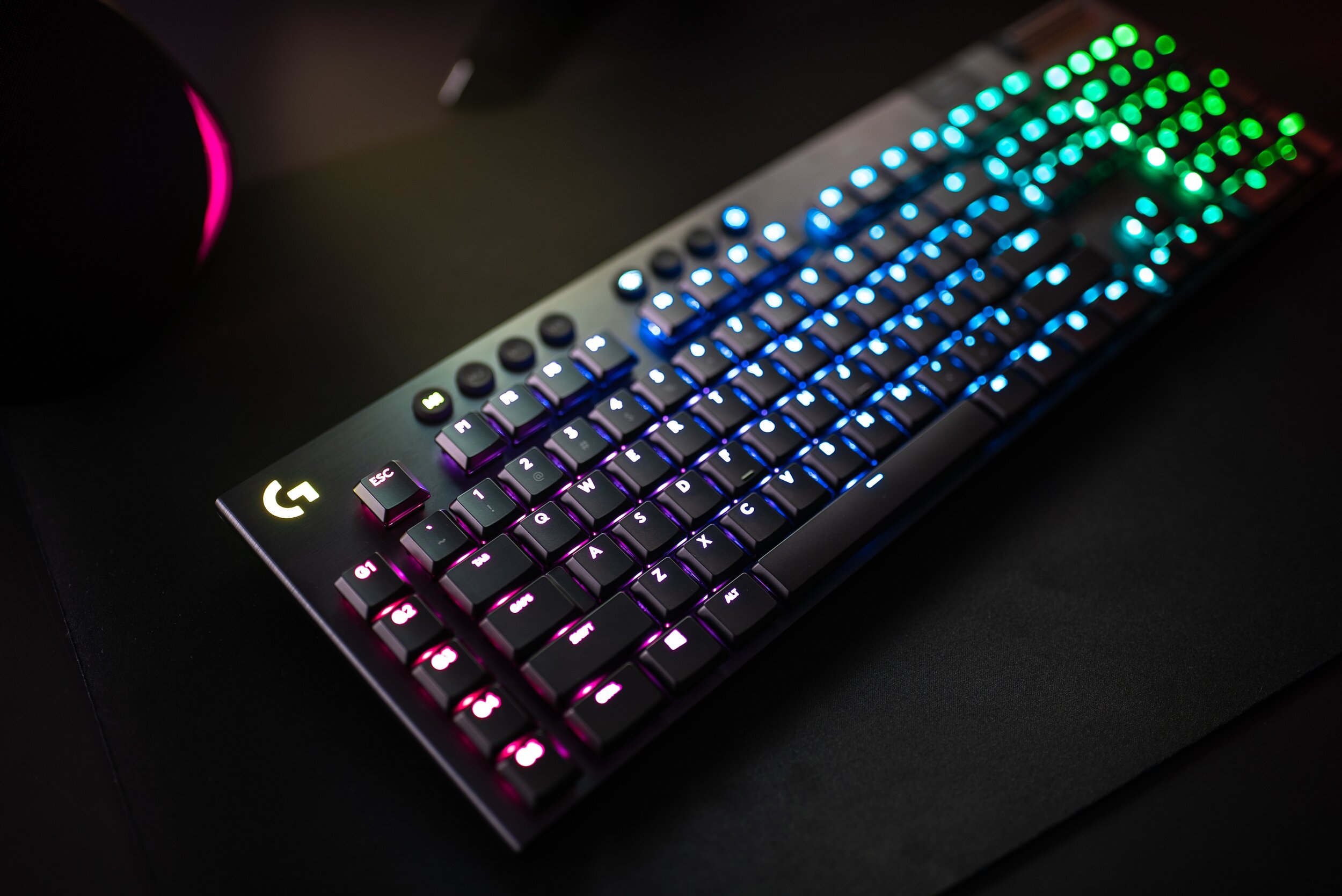WFH - Peripherals - Keyboards and mice
If you are using a desktop computer, you are quite likely using the keyboard and mouse that came with it. If you have a laptop, you are probably using the built in keyboard and trackpad. There is no reason why you need to keep on using these, and plenty of benefits to changing.
If you stop and think for a moment, how many hours a day would you say that you touch either a keyboard or mouse. An hour? 2 hours? 4…8…. ? If you subscribe to the old adage that you should invest in a good bed for a good night’s sleep, then the same must apply to the things that you touch the most with your computer.
Wrists and ergonomics
Getting a mouse instead of using a trackpad on a laptop is perhaps the first and most important thing you can do to improve your back posture, and arm movement. You will sit more upright rather than hunching. Having a mouse will also enable you to work quicker and easier.
Logitech are just one company of many who invest research in to ergonomics of mice and keyboards. This video (1 min 30 secs long) gives a brief highlight in to the changing choices with mice and how we can reduce the risk of harm to arms and hands:
Not everyone will adjust to a more vertically-positioned mouse though, but even a traditional-style mouse can feel better, reduce strain and improve workflow.
A keyboard equally plays a large part in good posture and reducing strain. Having a keyboard with some tilt-angle adjust helps, as does a wrist rest.
Personalisation
Some people (myself included!) like the idea that your keyboard and mouse can say something about you. You might want something that is quiet… or keys that make a nice clicky sound when you press them!
Keyboards can be back-lit (white) to aid ease of viewing, or can be coloured (or even alternate and cycle colours) for fun.
‘Gaming’ keyboards can have different backlit colours
There are also variations of size, both for keyboards and mice; if you know you will be travelling with them then smaller variants are available
Build quality
The chances are that the keyboard and mouse that came with your computer are probably at the cheaper end of the scale. In comparison, a good quality mouse will have a far higher build quality with better materials, will feel nice in the hand, if its wireless will have better battery life, smoother scrolling and many other benefits. A new keyboard would be better built and have a much nicer tactile quality. Cheaper plastics feel a world apart from good plastics, but you also have aluminium or even wood!
Wireless devices can help give a clean look to your desk
There is a whole science behind the switches used underneath the keys which some manufacturers get really right, whilst others get very wrong (and got Apple in to a lot of bother!). The main thing is that pressing a key ‘just works’ and reduces the need to make constant corrections because something isn’t quite registering.
Connections
A USB-connection is the most common and easiest way to connect keyboards and mice to a computer. These might be wired (with a wire all the way from the peripheral to the computer) or wireless (a ‘dongle’ in the USB port, which talks to the peripheral over radio waves). Alternatively, you may have bluetooth built in (and many laptops do, or you can add bluetooth to any computer separately) so you could choose a bluetooth keyboard or mouse.
Desk & mouse mats
Back in ye olden days mouse mats were common place because mice couldn’t work well on many surfaces; these days, the lasers have become much more able to work wherever you want them to. However, a mouse mat or even a larger desk mat can help you in providing a comfortable and clean surface to work on.
My desk space! I use an ergonomic mouse and a wireless keyboard, on a comfy pad.
No single keyboard or mouse will suit everyone perfectly, but replacing the standard ones is a very cost effective way to reduce strain, improve satisfaction and help you to feel that you are using something that is good quality.
Treat yourself… you’re worth it!





